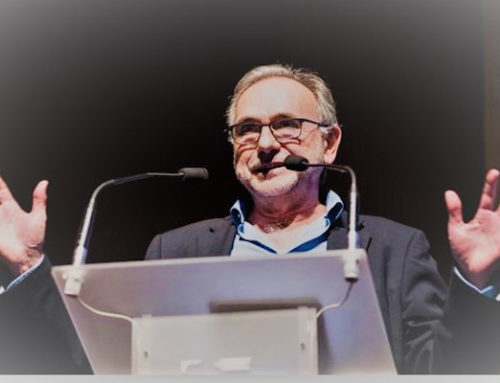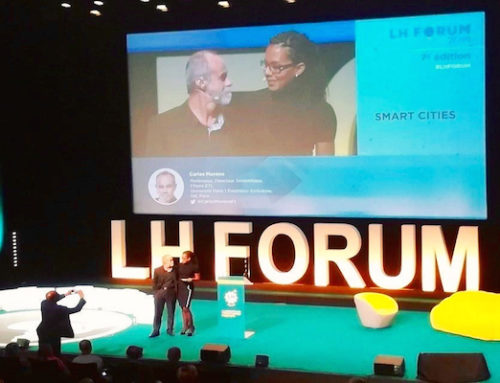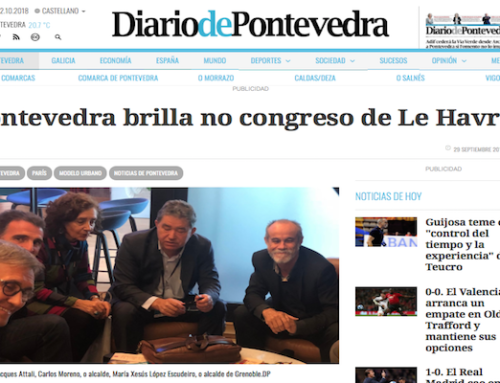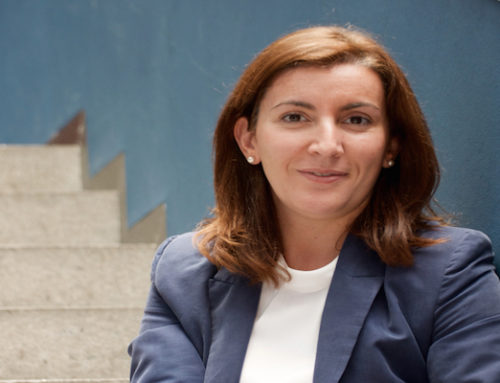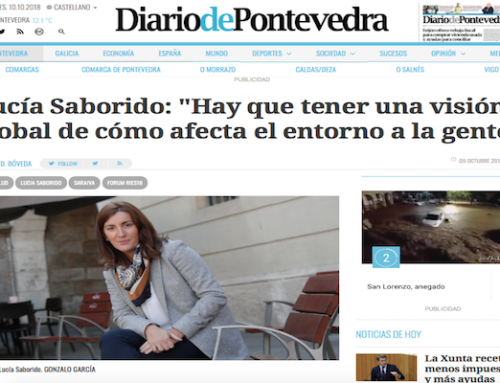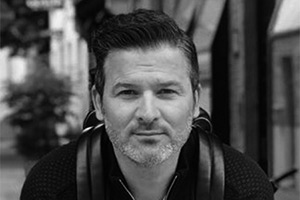
Luis Barros, Innovation Manager of Atendo and member of the Organizing Committee of the III RIES18 Forum
In 2050 more than 30 percent of the planet’s inhabitants will be over 65 years old. A population group that, already today, exceeds the group of 0 to 14 years. An aging never before seen in the history of humanity that represents one of the greatest challenges of the 21st century for society in general and that, as the Innovation Manager of Atendo, Luis Barros, believes, “we must put value, taking advantage of the opportunity that this means for Spain and for Galicia in particular “.
Galicia in particular, qualifies, because Europe, through its cohesion policy and national and regional strategies for smart specialization (RIS3) sets the challenge of being the leading region in southern Europe in the application of new technologies in the scope of active aging and healthy life and in the promotion of functional autonomy.
“We know that the future is human, digital and silver, and the Silver Economy will be key to innovation, the creation of new jobs and economic growth”, explains this expert, adding that ” we should not wait much longer to create adequate ecosystems and promote the way older people are perceived in society ”.
The smart city concept is promoting the humanization, personalization and service of technology for citizens’ health. For all people and for all ages. How would you define a smart city considering the current aging?
As a city that thinks about people, that responds to their needs and expectations and that allows them to live as long as possible in their usual environment, actively participating in society. A more humane city that positively impacts its citizens.
What resources and tools exist to transform cities into smart, healthy and friendly, humanized and personalized?
The first thing is that we must not lose focus on people and plan from it. This transformation must positively impact all critical areas such as transportation, security, employment, public services, and generate facilitating living spaces.
To what extent does technology influence and define these types of cities?
I think that technology will go unnoticed and will be behind giving intelligent support and enabling this livable, sustainable and efficient environment.
How should the two global demographic trends that will mark the evolution of all the cities of the planet, according to the WHO and the UN, face this type of city: active aging and increasing urbanization?
Being clear as the WHO says that the design of the same can positively or negatively impact people’s lives. I think that designing with aging in mind is good for everyone and is a good starting point to tackle the planning of the cities of the future.
What proposals that will be presented at the RIES Forum can be implemented in a real and immediate way?
It will be very interesting, for example, to hear Cesar Mosquera, Gil Gonçalves, Edna Pasher and Piret Hirv on the panel of experts because we will have real solutions that are already in practice and that respond to those needs and expectations of citizens.
As an expert in gerontology, active aging, and housing and lifestyle in middle age, how can a Smart City improve the lives of older people?
First considering the diversity of older people, since not all have the same interests or are in the same situation because they are the same age. A Smart city must offer alternatives for situations of independent life and especially for when we are most vulnerable and need the shelter of the environment to continue to feel an active part of society. I think this is a must that almost all cities with their longest-living citizens currently have and that we must reverse now.

